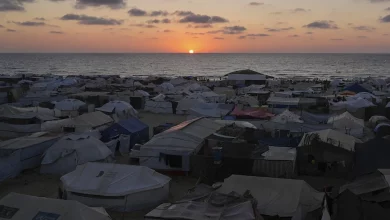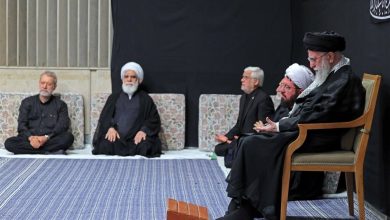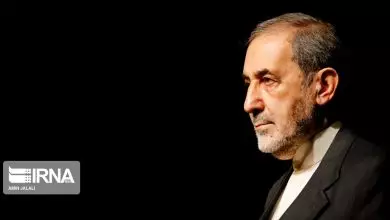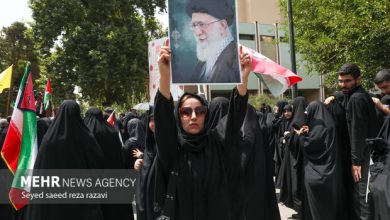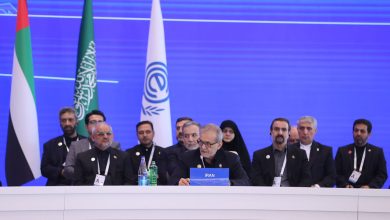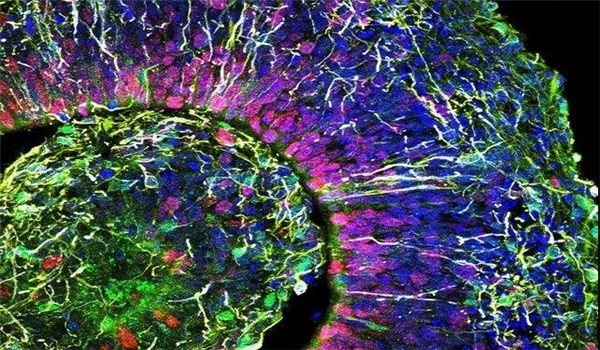
Iranian scientists at Royan institute are studying the effects of mesenchymal cells on treating patients infected with coronavirus.
“In this treatment method, the mesenchymal cells in cord blood cells or bone marrow cells are used,” Head of Royan Institute’s Academic Jihad Abdolhossein Shahverdi told FNA on Monday.
He said that mesenchymal cells had earlier been used in treatment of certain incurable diseases, including those related to cartilage bone, with good results, expressing the hope that these cells can prove effective in healing coronavirus patients.
Shahverdi said that the ethics license has been issued for testing the method on coronavirus patients, voicing hope that the clinical tests would be successful.
Royan Institute is a public non-profitable organization which is affiliated to Academic Center for Education, Culture and Research (ACECR) and was established in 1991 as a research institute for Reproductive Biomedicine and infertility treatments.
The institute acts as leader of Stem Cell research and also one of the best clinics for infertility treatment. It has 81 scientific members and 232 researchers and lab technicians.
Iranian Health Ministry Spokesman Kianoush Jahanpour announced on Sunday that 1,657 new cases of coronavirus infection have been identified in the country, adding that the virus has killed 4,474 people so far.
“1,657 more patients infected with COVID-19 virus have been identified in the country since yesterday based on confirmed diagnosis criteria,” Jahanpour said on Sunday.
He said that the total number of coronavirus patients in Iran has increased to 71,686, adding that 4,474 people have lost their lives due to infection to the virus, including 117 in the past 24 hours.
Jahanpour, meantime, said that 43,894 infected people have been treated and dismissed from hospital, adding that the recovery of patients has sped up in Iran.
He noted that 263,388 coronavirus diagnosis tests have been carried out in the country so far, expressing concern that 3,930 patients infected with COVID-19 virus are in critical conditions.
In relevant remarks last week, Iranian Vice-President for Science and Technology Sorena Sattari said that his country’s medical centers are diagnosing infection to coronavirus disease with two types of test kits and two different methods.
Sattari said on Wednesday that Iran is conducting hundreds of research projects to detect the nature of the novel coronavirus, also known as COVID-19.
More than 2,000 clinical tests have been carried out in the country in this regard, he stressed.
So far, several research projects have been defined for the discovery of nature of COVID-19, all of which are underway, Sattari said, adding, “Over 2,000 clinical tests have been conducted within the framework of 76 projects to discover the treatment protocols, effective drugs, cell therapy methods, use of blood plasma of the recovered patients and herbal plants affecting the disease.”
These researches have produced significant results which have led to the development of knowledge to combat the disease, elimination of drugs which have no effect on the trend of disease and also development of three effective treatment protocols, he emphasized.
Sattari pointed out that these researches have been carried out in cooperation with many scientists, researchers employed in research centers, universities and knowledge-based companies.
To diagnose the disease, he said, “Fortunately, two types of test kits with two different methods have been mass-produced in the country, one is based on the saliva while the other is based on the blood test.”
The coronavirus COVID-19 is affecting approximately all countries and territories around the world. The virus was first reported in the central Chinese city of Wuhan late last year. It has so far killed more than 114,200 people and infected over 1.85 million others globally.

